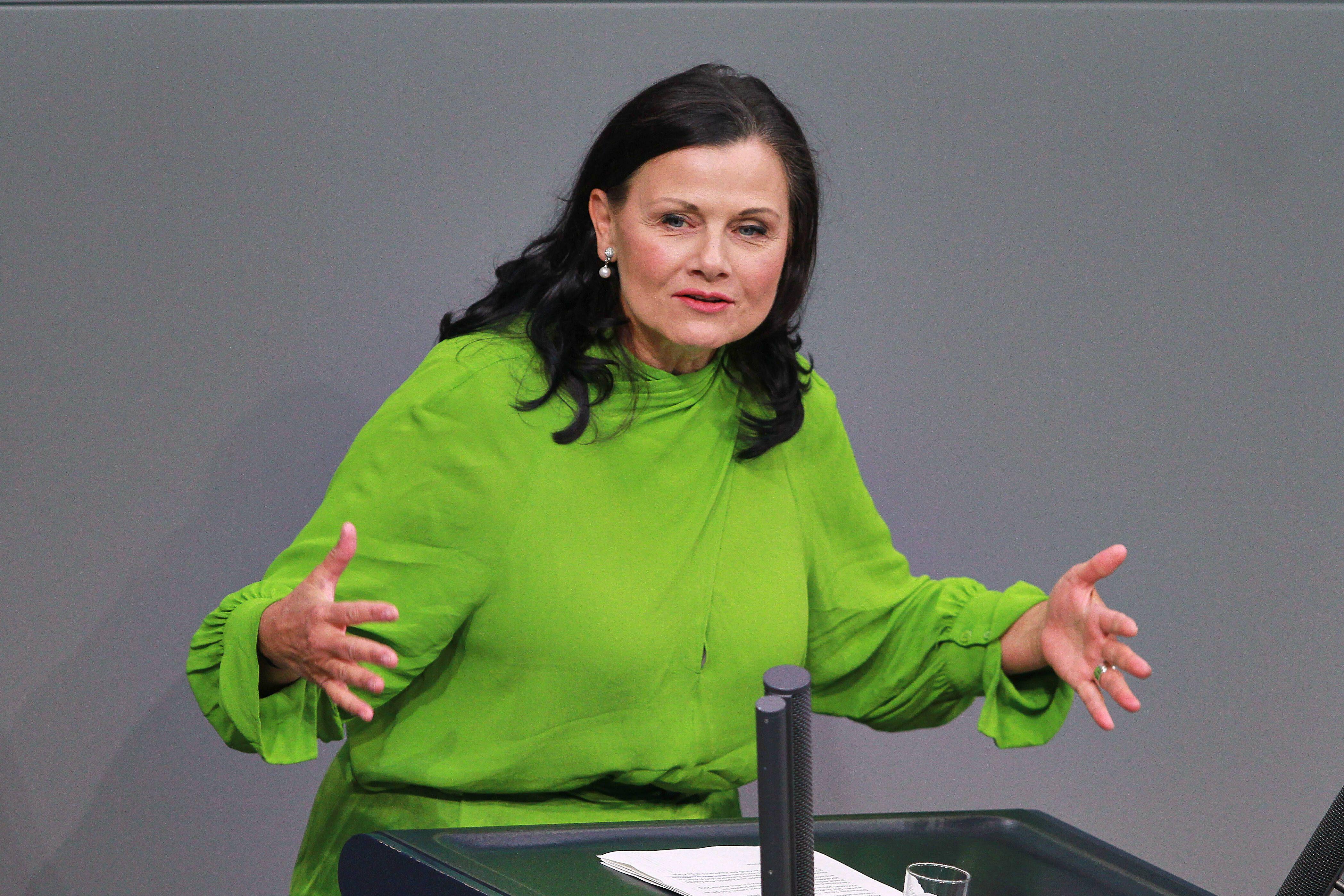Higher-earning retired people should pay a “boomer solidarity tax” on their pension income, one of Germany’s most prominent economics think tanks has suggested.
The country is struggling to prepare for a financial time-bomb as the unusually large “baby boomer” generation — those born in the two decades after the Second World War — gradually leave the labour market and start drawing their old-age pensions.
The social insurance contributions that fund the system, which are typically split 50-50 between employees and employers, are forecast to hit 50 per cent of the average worker’s salary early in the next decade.
• Patrick Hosking: State pension crisis looms as lifespans increase
In ten years’ time there will be 42 pensioners for every 100 workers, according to an estimate from the national statistics service.
The government’s economic advisors have repeatedly warned that this course is unsustainable and will ultimately lead the country “into the abyss”.
However, pensioners make up such an important part of the ruling coalition’s voter base that ministers have promised to safeguard the current level of entitlements and even to increase it for retired mothers.
This delicate political situation has now been shaken up by a radical report from the German Institute of Economic Research in Cologne.
• Is your pension at risk of a tax grab?
It suggests two ways out of the quandary. First, it argues, better-off retired households could pay a levy on their statutory pension income that would be directly transferred to their poorer peers, with the burden falling overwhelmingly on the richest 20 per cent of over-65s.
That would cut the level of old-age poverty at no cost to the working-age population, the economists say.
However, the economists prefer the concept of a “boomer solidarity tax”, a notion loosely modelled on the income tax surcharge that was introduced in the 1990s to help foot the bill for German reunification.
In one scenario, Germans over the age of 65 would pay a 10 per cent levy on their “retirement income” — all private and public pensions benefits — above a tax-free threshold of €902 a month.
• Britons are funding foreigners’ pensions thanks to TikTok loophole
Under a more expansive proposal, their income from other investments such as stocks or rental property would also be subject to the boomer tax.
This would, the authors acknowledge, be an “implicit wealth tax” on richer pensioners’ retirement savings.
“Those affected will not be able to avoid it,” the report says. “However, they might fight back against this supposed ‘expropriation’ if they don’t accept the idea of solidarity within the older generations and easing the burden on younger people.”
That fightback has already begun. Gitta Connemann, a conservative state secretary in the economics ministry, denounced the report as “poison” and a “catastrophe”, accusing the authors of casually “shooting from the hip”.

The trade unions are also sceptical, arguing that the boomer levy would punish pensioners instead of corporations and wealthy landowners.
But Monika Schnitzer, the head of the government’s economic advisory council, said the ideas were worth discussing.
• The retirement rethink: is it time to tear up your pension plans?
“The fundamental thought is correct: the burden of the baby boomers’ pensions cannot forever be heaped entirely upon the ever-shrinking number of young people who are paying into the system,” she said.
“The baby boomer generation is going to have to make a contribution of its own. Life expectancy is rising and since the 1970s there have not been enough children to sustain the population level without immigration.”

